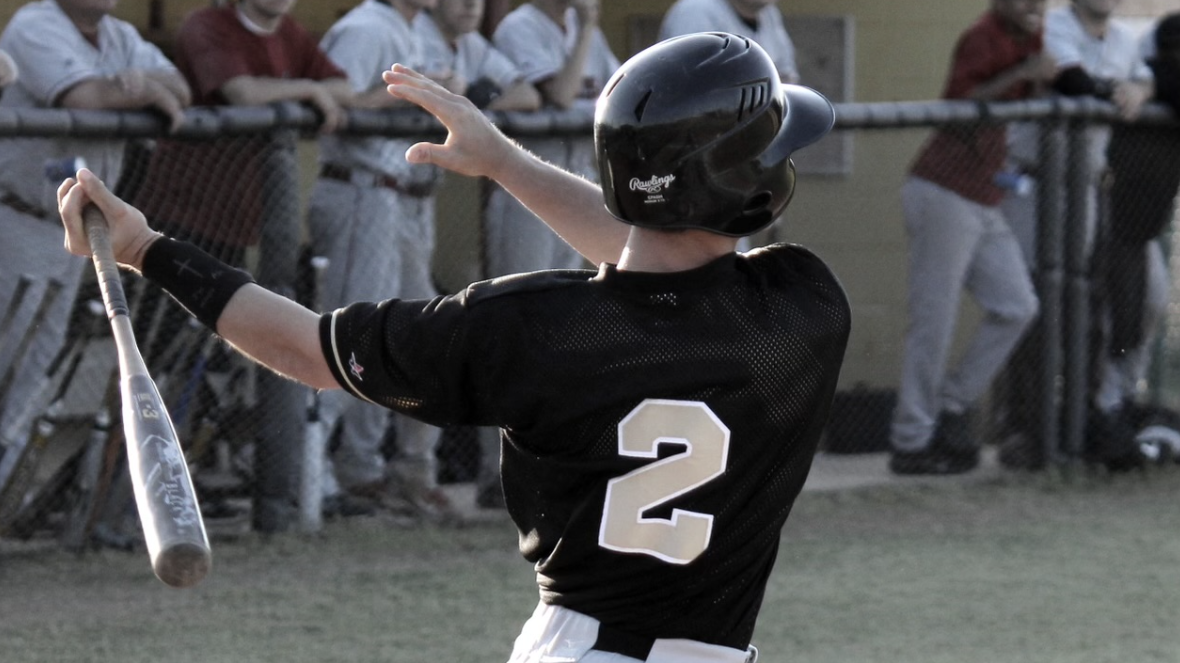
Dillon Hammond faced plenty of adversity to find his passion
ATLANTA, Ga. (BVM) — Baseball is a game of adversity. Georgia native Dillon Hammond knows all too well how tough and how much adversity baseball encompasses.
As a kid, Hammond was intrigued by all sports but baseball was in his family. His father was a college baseball player. “I wanted to follow in his footsteps and pursue baseball,” Hammond says.
As a huge influence on his career, Hammond’s father coached his 2011-12 all-star squad travel team and first taught him how to deal with adversity, especially in baseball. “He taught me how to work hard, harder than the next person and the results come from your work ethic,” Hammond said.
Hammond first visualized playing baseball at a higher level when he picked up travel ball, playing in Macon, Ga. He recalls playing in the Perfect Game Showcase and remembers his first one at the age of 13.
“That was probably the most fun time I’ve ever had playing baseball. You get so much exposure to scouts that are there. You’re playing that competition because you plan on playing at the next level.” Hammond said.
He was told by his middle school coach that he possessed every tool necessary to play at the next level, which allowed Hammond to recognize and pursue that goal.
Hammond dealt with plenty of adversity from an early age, beginning with “all of the talent that was in [his] area… teams that were a lot better than the team I was on.”
“You learn to try and get to the level of that other team and it just makes you work harder.” Hammond said.
One of the biggest adversities he faced was going into Tommy John surgery. “That was probably the toughest thing I had to deal with.”
Hammond found out at 19 years old and as a freshman in college that he would need Tommy John surgery. During a time when this specific surgery was still not viewed as a normal surgery, it was a new and frightening experience.
Hammond says, “I’ve always been the kind of person to run with the injury,” he says, but, “when my arm wasn’t healing, it was a sickening feeling in my stomach when you worked your entire life to play baseball at the next level and it comes to a halt because of a surgery.”
On his decision to undergo surgery, he says, “I knew something wasn’t right so I went to see a bunch of specialists… I got referred to Dr. Andrews.” Andrews has performed countless medical procedures on countless high-profile professional athletes including Roger Clemens, Bo Jackson and Michael Jordan to name a few.
He talks about how nerve-racking it is to realize that he would have to take an entire year away from baseball, a sport he’s been playing his entire life.
Hammond notes, “It was a priority to continue playing baseball, and we wanted the best.” The surgery was successful and he began rehab right away. He spent three months in a full arm brace. Every day, he engaged in a strenuous throwing routine which he describes as, “breaking an arm and learning how to throw again.”
He notes how his arm came out of recovery in better shape than it ever was before.
Adding to his adversities was understanding the sacrifices he would have to make to prepare himself for college ball.
He practiced five days a week in an intense workout facility in order to gear up for his next step in baseball.
He jokingly admits that he regrets, “playing so much Halo when I should have been practicing.”
Hammond began his career in junior college at Abraham Baldwin Agricultural College. “The level of baseball in JUCO is just as competitive as at D1 in my opinion.”
Hammond did eventually make the transition to division one baseball and decided on Georgia State University so he could stay close to home while also exploring what else was out there.
After his transfer to GSU, Hammond came to realize that baseball was no longer what he wanted to pursue, and he found another passion.
“For so long, I was working only on the tools to play baseball, and it made me think that it was the only thing out there. Once I got older and went through college, I developed my passion for what I’m doing now and it helped me refocus my time and energy towards that.” Hammond says, “The last few years of college were so foggy because I was losing interest in the game. It became more of a job than a sport.”
He credits his mentor at Georgia State Kenneth Mantle with helping his realization of pursuing a federal job or becoming a United States Marshall.
“I really looked up to him as far as gaining the advice I needed because he had already accomplished it. He sat me down and told me that if I worked hard and worked towards my degree, then I could achieve that.” Hammond said.
Hammond currently serves as a state investigator for the Department of Community Supervision in Georgia.
Hammond still draws back to the adversity he dealt with in baseball as his guide and allows him to be confident to deal with adversities in his career goals.






